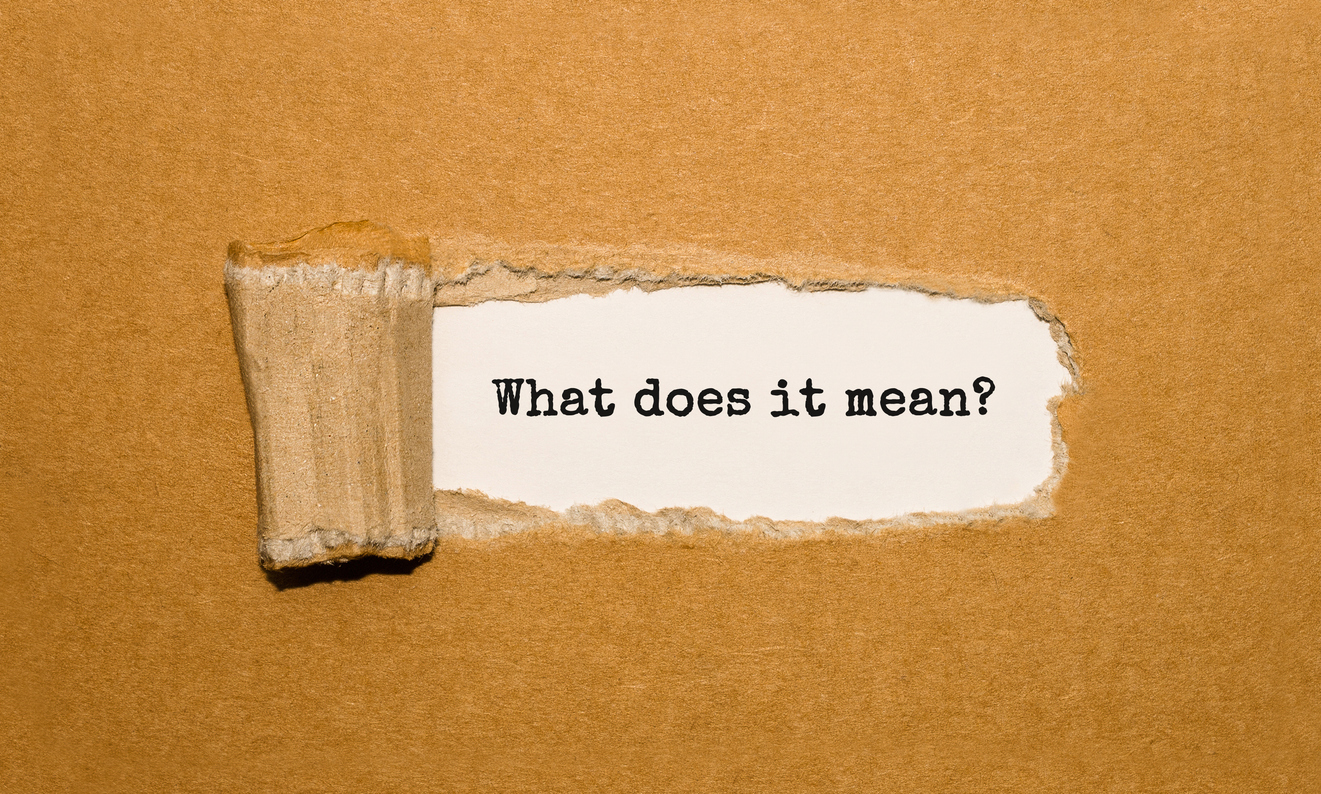(Note: This Guest Blog is by Corey Harris, an attorney with Merlin Law Group in the Tampa, Florida, office. This is part of a series he is writing on post-loss duties).
Over the past few weeks I have written about the necessity of mitigation and the potential consequences of not doing so. Two weeks ago in Consequences of a Policyholder’s Faiiure to Mitigate, I wrote that it was important for policyholders to obtain help from experienced professionals in the event of a large loss. While my list of potential professionals was not intended to be all-inclusive, a comment reminded me that I failed to mention that policyholders could call their agent or carrier directly if they had any questions about what was required under the policy.
This comment was absolutely correct. Many agents and carrier representatives are knowledgeable and capable of guiding an insured through the basic requirements of mitigation, and with a smaller loss that might be all that is necessary.
Unfortunately, as I mentioned in last week’s post, An Insurer’s Actions May Excuse Mitigation Requirements, many times we run across individuals who may lack some of the fundamental knowledge necessary to guide a policyholder through the maze of provisions included in a policy. A comment that I have been mulling over for the past week is this:
Your article only serves to reinforce my continuing comment that education is sorely lacking if an adjuster working for a carrier makes that type of inane comment. Even a rookie should not make such a stupid comment. I guess this situation is like manna from heaven for litigators it however illustrates the industry wide lack of commitment to properly educating claims personnel. With the disappearance of veterans from the field this is unfortunately what the future looks like.
I guess this comment stuck in my head because, even though I recently found a grey hair, I am part of the generation which will attempt to carry this field into the future. I have been extremely blessed to have had the opportunity to learn so much from so many people over the past years, but I understand that not everyone is so fortunate.
While the point of my post last week was to explain how carriers could be estopped from asserting a mitigation defense if its actions cause the insured to not properly protect the property, it definitely highlights the fact that there is a lack of training and education out there. As the comment says, the veterans are beginning to disappear, and, many times, new adjusters are thrown into the mix before they are ready.
While the ideal situation would be for everyone in the industry to have an experienced mentor to show them the way, the reality is that this is not feasible. Therefore, it is important for people who are new to the industry to completely immerse themselves and learn something new at every opportunity.
I recently ran across the following post on Dimechimes:
We receive hundreds of emails yearly if not monthly from new adjusters specifying they now have their adjuster’s license and are ready to go as they look for independent adjuster assignments. Many will have great backgrounds in construction, auto repair backgrounds, insurance agency, and other related fields.
What they do not have that they do not understand is a grasp on the functional essentials to properly adjust a claim. They may have learned state ethics requirements for adjusters, some basic policy to pass the adjuster’s license exam, but little regarding practical file requirements, carrier claim handling guidelines, forms required, proper communication tools and appropriate forms of communication.
If you think you are ready…try taking this self assessment and see how many questions you are comfortable with before you go out on assignments and see if you are ready!
Whether you take our 50 Hour Fundamentals of Claims Class or obtain training elsewhere, please do not go out on assignments without taking much needed training from PROFESSIONAL sources.
The post goes on to provide a 125 question test to help new adjusters determine if they are “ready for action.” While the test is intended for independent adjusters, I think it is helpful for public adjusters, attorneys, and agents as well. To succeed in this business, you need to understand all of the different parts, and finding the answers to these questions is a great place to start.



